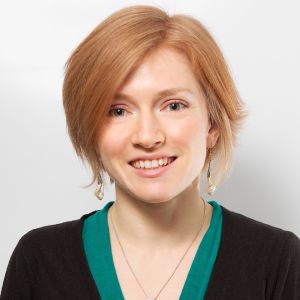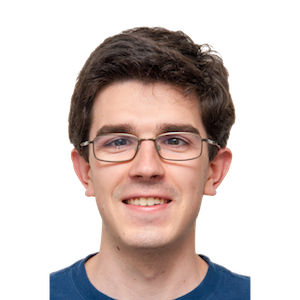Presented by:
Dan Garcia

Victoria Phelps
She is a computer science student at UC Berkeley, working as course staff for BJC/CS10 under the supervision of Professor Dan Garcia. She also works as an intern for SAP as part of the Snap! Team. First introduced to computer science through Snap! and BJC, she is a huge fan of both platforms and loves to contribute in whatever ways possible.

Mary Fries

Yuan Garcia

Michael Ball
I'm currently a Lecturer at UC Berkeley, developer on the Snap!, Snap!Con and BJC Teams.
No materials for the event yet, sorry!
Most of us agree that Snap! is the perfect language for beginning programmers. When students ask us “What is the next language to learn?” the answer is often "Python". That transition is often rocky: Python's 0-indexing, = vs ==, quotes around strings, while-vs-repeat-until, and no spaces allowed in variables or functions are just some of the challenges students face.
However, there's hope. Snap! new Python-like features like the “” block, “item (numbers from __ to _) of _data” hyperblock slicing, and allowing non-numeric values to be dictionary keys in “item key of data” makes the transition that much easier. Snap! has the “codification” example that can export code to Python. There's a demo “split-screen” website that lets someone code Snap! on the left and the Python equivalent shows up on the right (“live” codification, if you will). UC Berkeley's Beauty and Joy of Computing (BJC) course provides lectures, videos, discussion worksheets, and labs to help the transition. EDC's AP CS Principles BJC site has an "Other Programming Languages" page with resources they are developing, since the AP CSP exam's questions are now in Python (they had been in a Snap!-like pseudocode-language). Are there other opportunities and resources like that? Could Large Language Models help?
Let's gather in this BoF session to discuss experiences guiding students through that process, share software and curricular support, etc.
- Duration:
- 1 h
- Room:
- Online Room 1
- Conference:
- Snap!shot 2024
- Type:
- Birds of a Feather

